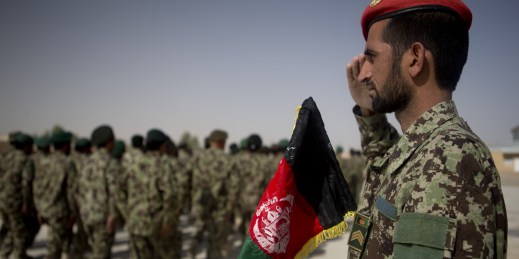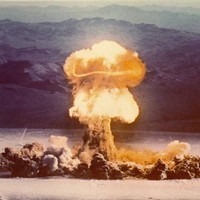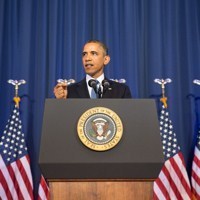
Climate change legislation has had a tough time in the United States. But Secretary of State John Kerry, based partially on a conviction that climate change is causing more intense storms like the recent typhoon in the Philippines, still sees the conclusion of a successful global climate pact in 2015 with full U.S. participation as an important, legacy-defining goal. Last month, Kerry stood alongside his Philippine counterpart and told reporters that “what we face today is sufficient to say that developed nations in the world need to take the lead,” predicting, among other things, a pattern of increasingly intense storms […]








